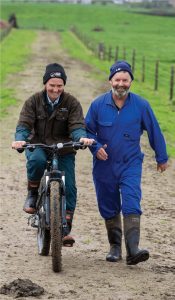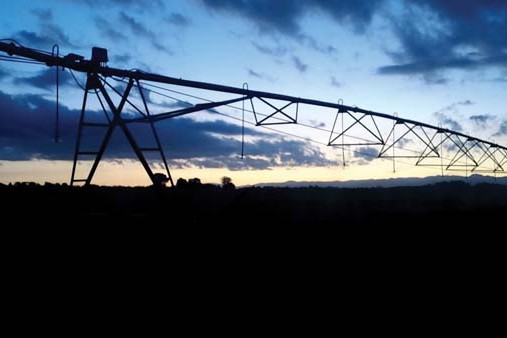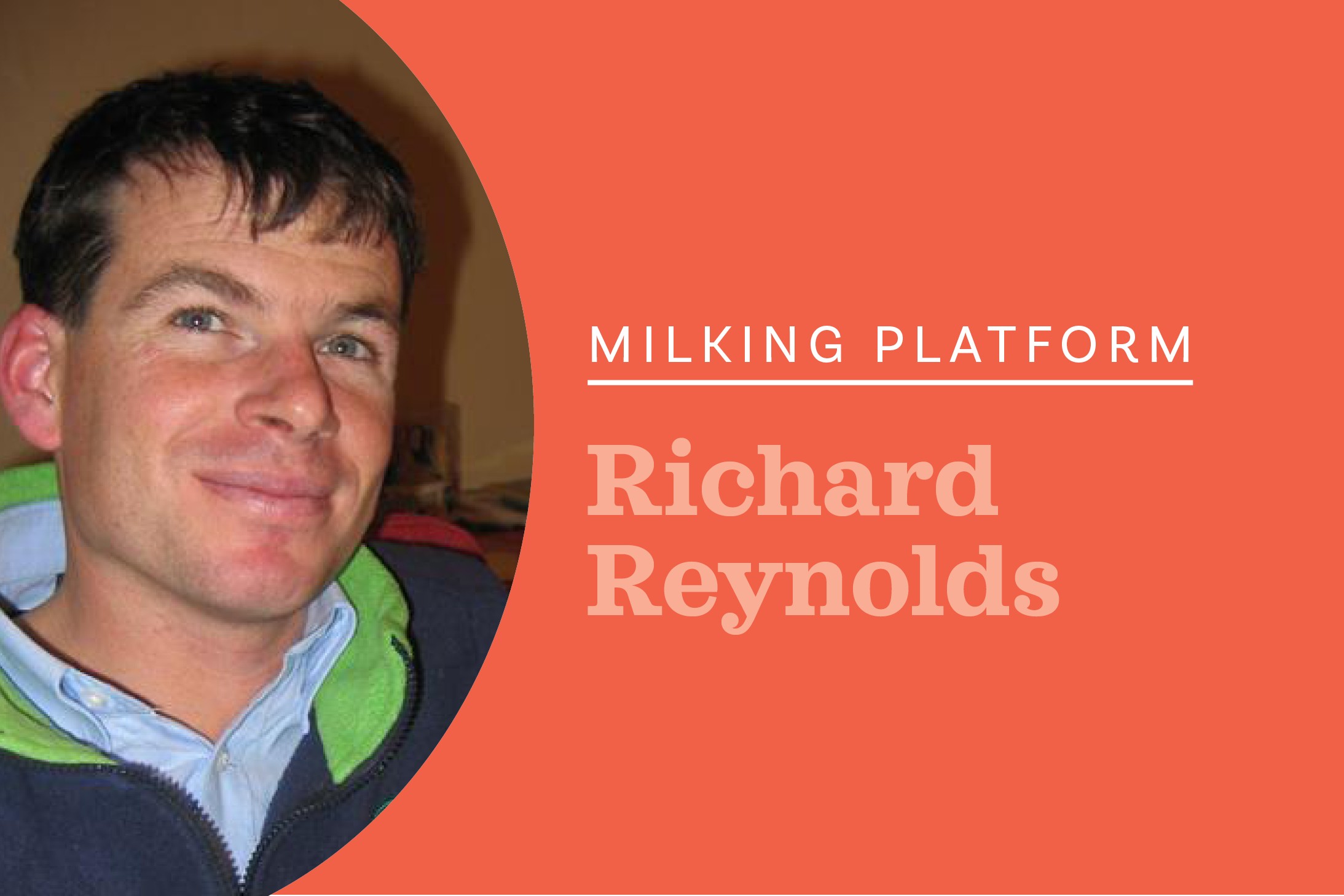Adapting to adversity and challenges is a strength of farmers, says George Moss.
 Wow – what a couple of months and what lessons learned! I am thankful that we are farmers.
Wow – what a couple of months and what lessons learned! I am thankful that we are farmers.
The farms here are looking great with average covers well up on last season and ground conditions brilliant. Until recently we had enough rain along with mild temperatures to give good growth. The soil probes are showing that we are still drier than this time last year, and last year was also dry. With the frosts, soils temperatures are now below 10 degrees and this will limit growth. Cows are close to calving condition and the risk now is letting them get too fat.
Inevitably we will continue to have the discussions on the impacts of the increasing numbers of dry spells and how to mitigate them. We will model the options through June when the “wet days” come along with the inevitable Overseer file and its GHG calculations.
The next two years’ cashflows have been done using a $5.70 milk price and will be updated when the new advance and final rates come through.
We are having a reshuffle of staff: the managers who have been with us six years are coming across to the home farm with different roles and responsibilities, and a new couple from the dry lands of Morrinsville is replacing them. All of this is both exciting and scary.
The existing staff are looking to purchase their own house and we are working with them hopefully to make that happen but Covid dropped a huge spanner in that gearbox. Early June will be orientation and settling in for all.
Increasingly, we are working on how we configure the businesses so that all parties achieve their goals. The farm consultant works with the staff and ourselves as much to help with planning and progression as with advising on cows and grass.
The inevitable Covid-19 observations – much has been written about what has been achieved through our collective actions in this fair southern land. From in-laws in Wisconsin we get to hear at first hand of the absolute chaos there. Wisconsin has roughly the same population as NZ and has over 12,000 confirmed cases and over 450 deaths at time of writing. My sister-in-law works in a government job interfacing with the public but cannot get hand sanitiser and disinfectant wipes and hence feels somewhat vulnerable – all very sad.
Needless to say, we feel very privileged to live here in communities that have worked together so hard to support each other, something the dairy industry has historically done and needs to continue to do. Focusing on the collective good will achieve the best possible outcome; get distracted by individual self interest or arguments about individual rights being greater than the collective and we will dissolve into irrelevance.
At a personal level the lockdown meant the car battery went flat through lack of use and meetings were conducted virtually, which saved both time and travel but did not have any of the pre and post small talk that can be so very therapeutic for some people. Farm staff around the district reported that they never had so much money in their bank accounts. Our farm expenditure fell but in reality some is just delayed.
My wife reports greater productivity from yours truly because of being home. We kept a house cow for milking (the rest being dry), baked bread, made cheese, butter and endless rice puddings, and murdered sheep = cost of living kept down. Social distancing worked reasonably well on farm but can be hard to achieve on those urgent tasks requiring a second pair of hands, e.g. tractor tyres.
Had the easiest drive into Auckland I have ever had to pick up a generator under level 4, and quickest installation under level 3 of the same generator from the local sparky. This was the last brick in our risk management plan.
Lastly, because we are a farming community, adversity and challenges are part and parcel of our lives, adaptation is our strength, and I believe we have much experience that we can offer urban people to help them cope in a totally new world.





